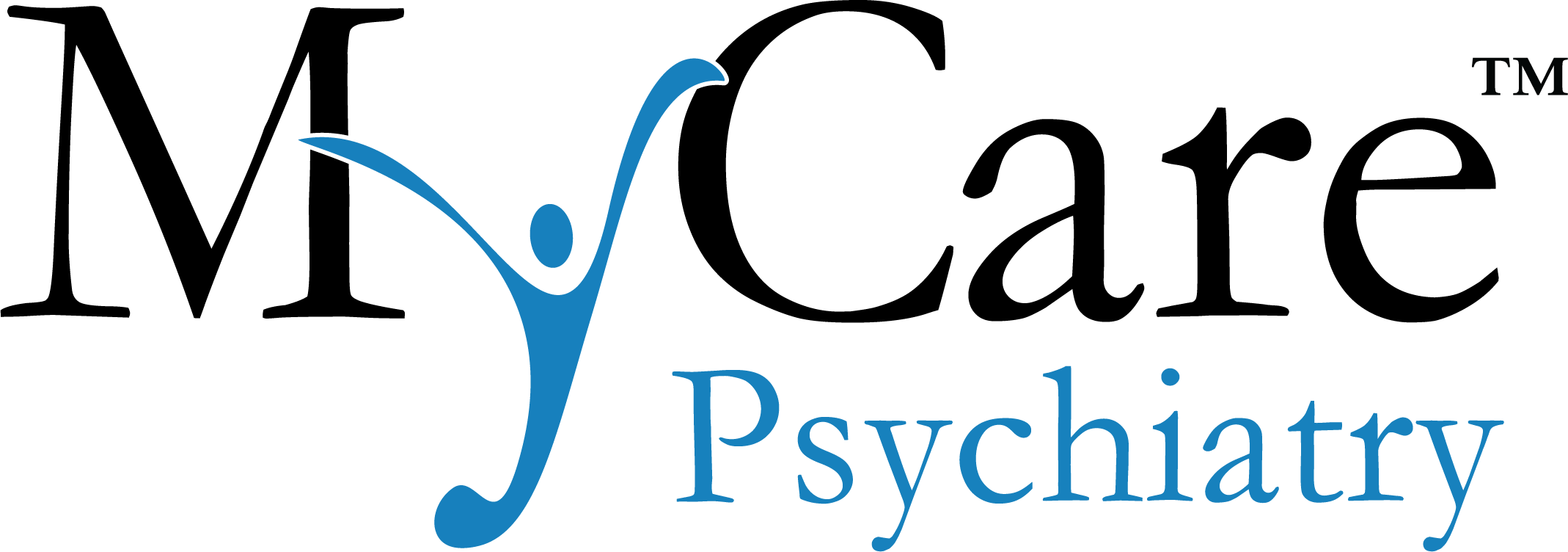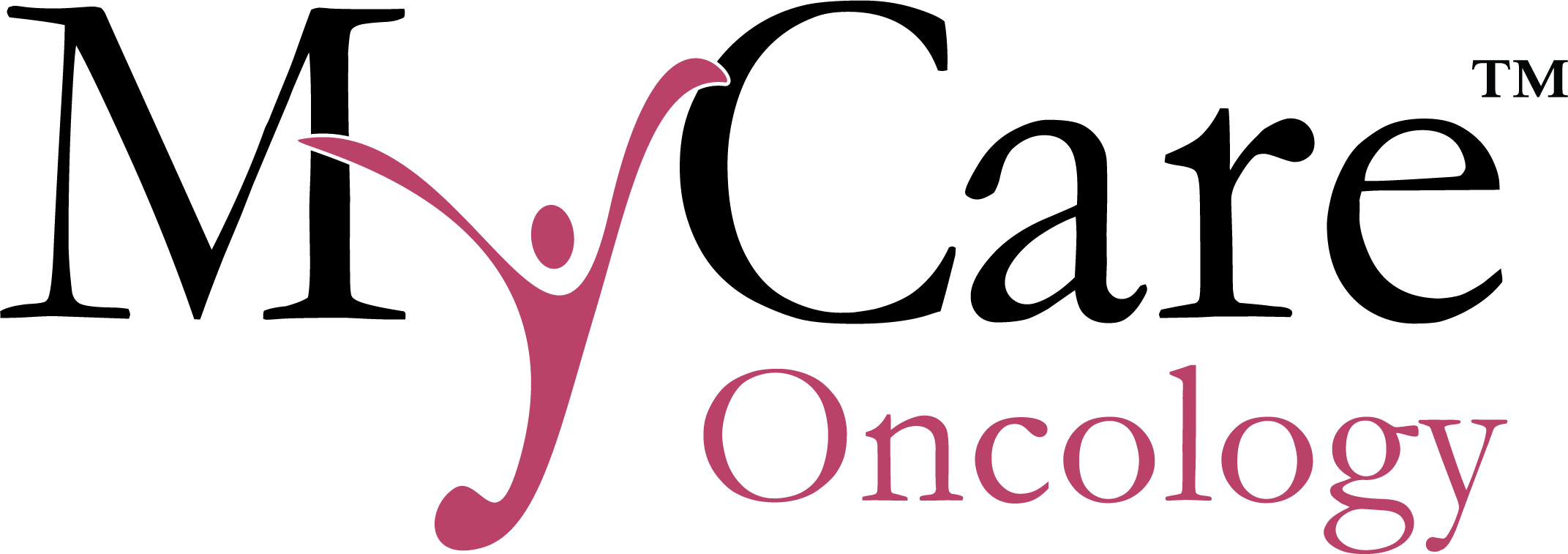Fully automated immunoassay kit designed to simplify and streamline busulfan therapeutic drug monitoring (TDM), potentially reducing turnaround time from hours to minutes and greatly expanding hospital, clinic, medical office and laboratory access to this test.
AVROBIO is leading the field by funding development of a rapid, fully automated busulfan assay to improve the clinical utility of the test; upon appropriate regulatory clearance, Saladax expects to make the assay commercially available globally.
CAMBRIDGE, Mass.–(BUSINESS WIRE)–AVROBIO, Inc. (Nasdaq: AVRO), a leading clinical-stage gene therapy company with a mission to free people from a lifetime of genetic disease, today announced a new development and commercialization agreement with Saladax Biomedical, Inc. (Saladax), a leading diagnostics provider focused on developing blood tests for personalized dosing, to develop and validate a fully automated nanoparticle immunoassay kit designed to simplify and streamline therapeutic drug monitoring (TDM) for patients treated with the conditioning agent busulfan.
“At AVROBIO, we push ourselves to be at the forefront of technologies advancing lentiviral gene therapy, and it’s in this spirit that we’re funding the development of this kit,” said Geoff MacKay, AVROBIO’s president and CEO. “Our personalized conditioning approach is already delivering results. We believe this new assay kit will, for the first time, provide convenient busulfan TDM, potentially improving both the patient experience and long-term outcomes, as well as enabling many more hospitals and clinics to become TDM-capable sites.”
AVROBIO’s state-of-the-art plato™ gene therapy platform incorporates TDM protocols designed to optimize busulfan dosing over four days, with the goal of maximizing stem cell engraftment while minimizing side effects. TDM evaluates how quickly a patient metabolizes busulfan — a rate that can vary significantly from patient to patient and even from one day to the next for the same patient. Current assays that inform that dose adjustment can take hours to return results and must be processed at specialized laboratories with trained staff that may not be geographically convenient to the gene therapy dosing site.
The technology used to deliver these rapid test results is based on an extensive intellectual property portfolio developed by Saladax in the field of TDM. The new assay kit under development by Saladax, which collects a small blood sample, is able to return results on patient metabolization of busulfan in minutes using hospitals’ standard analytical devices, greatly expanding access to personalized conditioning with busulfan.
Personalized Gene Therapy to Optimize Durable Protein Expression including in Brain, Muscle and Bone
AVROBIO’s investigational gene therapies start with collecting the patient’s own hematopoietic stem cells. In the company’s manufacturing process, a lentiviral vector is used to integrate a therapeutic gene — designed to produce functional protein essential to cellular health — into the patient’s chromosomes. Prior to dosing, treating clinicians use busulfan, an extensively validated conditioning agent generally considered to be the gold standard for ex vivo lentiviral gene therapy, to create space in the patient’s bone marrow. Finally, the patient receives the gene therapy and the therapeutic stem cells are expected to engraft in the bone marrow and produce generations of daughter cells, each containing the therapeutic gene. This approach is designed to drive durable production of the functional protein throughout the patient’s body, including hard-to-reach tissues such as the brain, muscle and bone. A distinguishing feature of this type of gene therapy with busulfan conditioning is that some of the corrected cells are expected to cross the blood-brain barrier and thereby potentially address central nervous system manifestations.
Earlier this year, AVROBIO reported initial clinical results for the first patient conditioned with busulfan using TDM prior to dosing in AVROBIO’s Phase 2 clinical trial of its investigational gene therapy, AVR-RD-01, for Fabry disease. The early data from this patient showed increased endogenous enzyme activity at one month following dosing, as compared to other patients in the trial who received a different conditioning agent. Initial data suggest side effects, including nausea, mucositis, fever, rash and hair loss, which were consistent with those expected based on clinical experience of busulfan, developed eight to 10 days after dosing with busulfan and resolved quickly.
About AVROBIO
Our mission is to free people from a lifetime of genetic disease with a single dose of gene therapy. We aim to halt or reverse disease throughout the body by driving durable expression of functional protein, even in hard-to-reach tissues and organs including the brain, muscle and bone. Our clinical-stage programs include Fabry disease, Gaucher disease and cystinosis and we also are advancing a program in Pompe disease. AVROBIO is powered by the plato™ gene therapy platform, our foundation designed to scale gene therapy worldwide. We are headquartered in Cambridge, Mass., with an office in Toronto, Ontario. For additional information, visit avrobio.com, and follow us on Twitter and LinkedIn.
Forward-Looking Statements
This press release contains forward-looking statements, including statements made pursuant to the safe harbor provisions of the Private Securities Litigation Reform Act of 1995. These statements may be identified by words and phrases such as “aims,” “anticipates,” “believes,” “could,” “designed to,” “estimates,” “expects,” “forecasts,” “goal,” “intends,” “may,” “plans,” “possible,” “potential,” “seeks,” “will” and variations of these words and phrases or similar expressions that are intended to identify forward-looking statements. These forward-looking statements include, without limitation, statements regarding our business strategy for and the potential therapeutic benefits of our prospective product candidates, anticipated benefits of our gene therapy platform including potential impact on our commercialization activities, timing and likelihood of success, the expected benefits of Saladax’s immunoassay kits, including the ability to improve, simplify and streamline therapeutics drug monitoring for patients treated with the conditioning agent busulfan and enable local commercialization of AVROBIO’s proprietary platform worldwide, the expected benefits and results of our implementation of the plato platform in our clinical trials and gene therapy programs, and the expected safety profile of our investigational gene therapies. Any such statements in this press release that are not statements of historical fact may be deemed to be forward-looking statements. Results in preclinical or early-stage clinical trials may not be indicative of results from later stage or larger scale clinical trials and do not ensure regulatory approval. You should not place undue reliance on these statements, or the scientific data presented.
Any forward-looking statements in this press release are based on AVROBIO’s current expectations, estimates and projections about our industry as well as management’s current beliefs and expectations of future events only as of today and are subject to a number of risks and uncertainties that could cause actual results to differ materially and adversely from those set forth in or implied by such forward-looking statements. These risks and uncertainties include, but are not limited to, the risk that any one or more of AVROBIO’s product candidates will not be successfully developed or commercialized, the risk of cessation or delay of any ongoing or planned clinical trials of AVROBIO or our collaborators, the risk that AVROBIO may not successfully recruit or enroll a sufficient number of patients for our clinical trials, the risk that AVROBIO may not realize the intended benefits of our gene therapy platform, including the features of our plato platform, the risk that AVROBIO may not realize the intended benefit of Saladax’s immunoassay kits, the risk that our product candidates or procedures in connection with the administration thereof will not have the safety or efficacy profile that we anticipate, the risk that prior results, such as signals of safety, activity or durability of effect, observed from preclinical or clinical trials, will not be replicated or will not continue in ongoing or future studies or trials involving AVROBIO’s product candidates, the risk that we will be unable to obtain and maintain regulatory approval for our product candidates, the risk that the size and growth potential of the market for our product candidates will not materialize as expected, risks associated with our dependence on third-party suppliers and manufacturers, risks regarding the accuracy of our estimates of expenses and future revenue, risks relating to our capital requirements and needs for additional financing, risks relating to clinical trial and business interruptions resulting from the COVID-19 outbreak or similar public health crises, including that such interruptions may materially delay our development timeline and/or increase our development costs or that data collection efforts may be impaired or otherwise impacted by such crises, and risks relating to our ability to obtain and maintain intellectual property protection for our product candidates. For a discussion of these and other risks and uncertainties, and other important factors, any of which could cause AVROBIO’s actual results to differ materially and adversely from those contained in the forward-looking statements, see the section entitled “Risk Factors” in AVROBIO’s most recent Annual or Quarterly Report, as well as discussions of potential risks, uncertainties and other important factors in AVROBIO’s subsequent filings with the Securities and Exchange Commission. AVROBIO explicitly disclaims any obligation to update any forward-looking statements except to the extent required by law.



